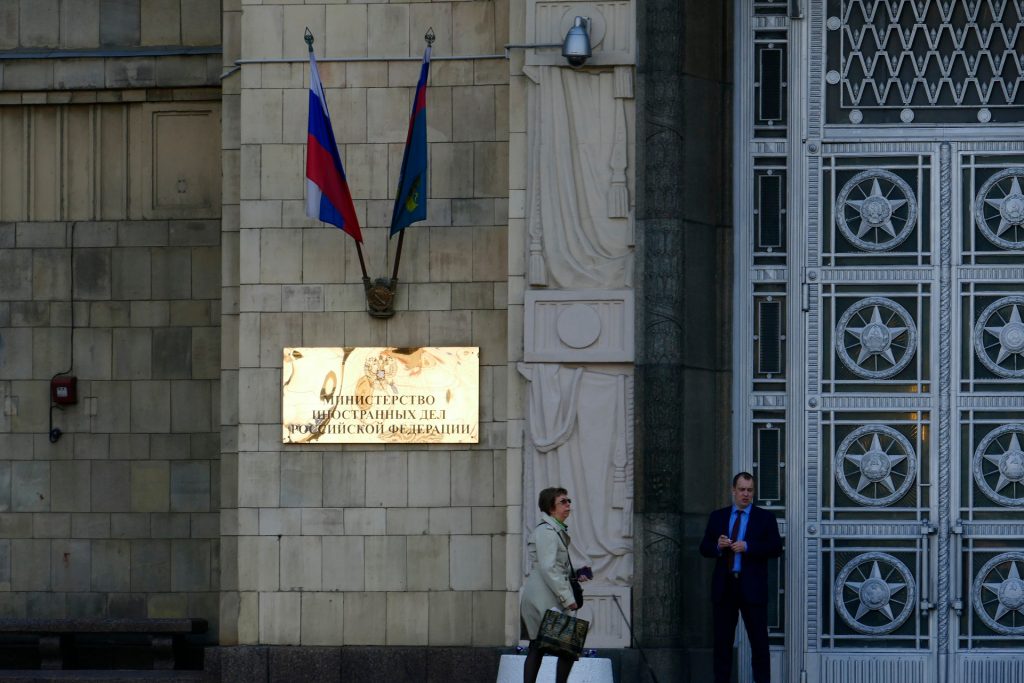Moscow signals skepticism amid conflicting messages regarding potential negotiations with the U.S. and Ukraine.
Others are reading now
Peace negotiations over the ongoing war in Ukraine remain uncertain, with key players voicing conflicting expectations.
While both Washington and Moscow have acknowledged a willingness to engage in dialogue, fundamental disagreements continue to stall progress.
As reported by HotNews, Russian Deputy Foreign Minister Mikhail Galuzin stated on Monday that Moscow has yet to receive any proposals that it deems acceptable for initiating talks.
Galuzin emphasized that a meaningful offer would need to address Russia’s “legitimate interests” and acknowledge the new realities on the ground.
Also read
U.S. and Russian Leaders Signal Interest
The debate over possible peace talks intensified after U.S. President Donald Trump claimed over the weekend that negotiations were making progress.
Trump revealed that he had spoken with Russian President Vladimir Putin and expressed optimism about stopping the nearly three-year-long conflict. “I think we’re making progress. We want to end the Ukraine-Russia war,” Trump told reporters.
However, Kremlin spokesperson Dmitry Peskov appeared more reserved, telling state news agency TASS that there were “many communications” concerning the situation.
He added that he could neither confirm nor deny the recent discussions between Trump and Putin.
Trump has repeatedly expressed his intention to meet both Putin and Ukrainian President Volodymyr Zelensky to discuss peace efforts. He mentioned on Friday that he expected to meet with Zelensky this week.
Russia’s Conditions for Dialogue
Despite signals of potential talks, Moscow maintains firm preconditions for any negotiation process.
According to Galuzin, Russia’s key demands include a halt to NATO expansion and protections for ethnic Russians living in Ukraine.
These conditions continue to clash with Ukraine’s core objectives. President Zelensky has previously dismissed the possibility of ceding any Ukrainian territory to Russia and reaffirmed his goal of achieving NATO membership.
In a recent statement, Zelensky suggested that Ukraine could offer the U.S. access to rare minerals in exchange for continued financial and military support.
While both sides have expressed a willingness to communicate, the gap between their respective demands suggests that substantive progress may still be a long way off.








